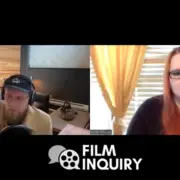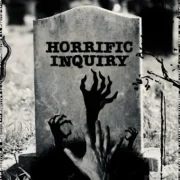GLOSSARY OF BROKEN DREAMS: A Frustrating, Fatiguing Polemic
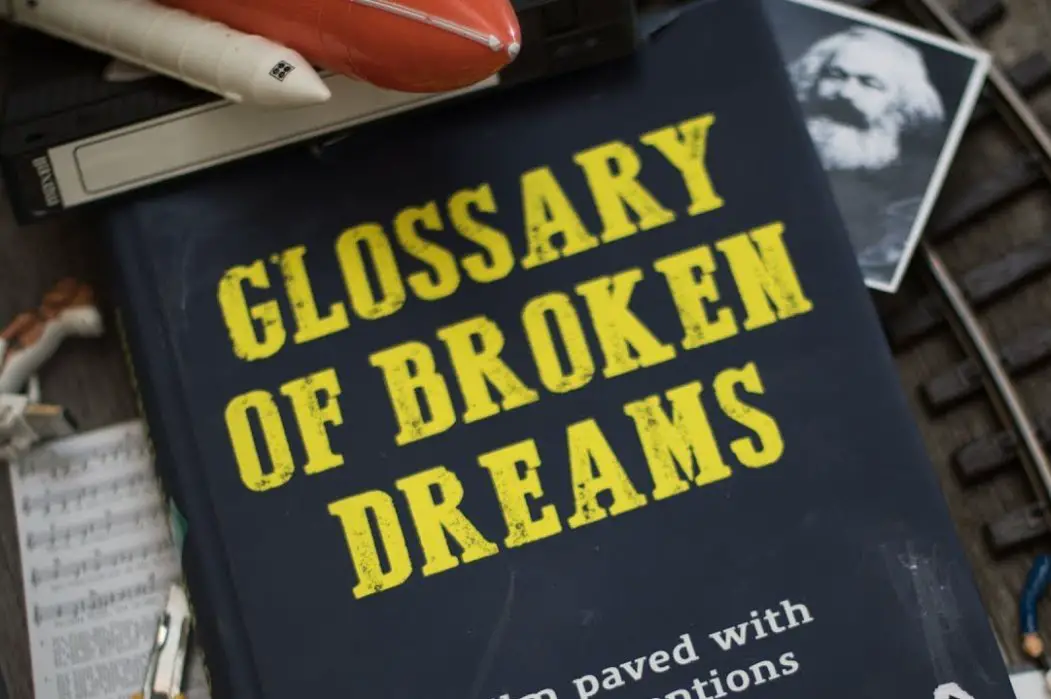
It took me a while to discover the wonderful world…
The movie begins with a quote from author Ian M. Banks:
‘The trouble with writing fiction is that it has to make sense, whereas real life doesn’t.’
In all of its publicity material, Johannes Grenzfurthner‘s documentary purports to be an informative film to help audiences understand some of the most oft-used, misunderstood concepts of our time. With the world getting stranger and scarier by the day, Glossary Of Broken Dreams could have been a useful resource — a helpful primer when current events appear to be beyond comprehension. There’s certainly room for a documentary like that in 2018; it’s hard to imagine anything more timely.
Glossary Of Broken Dreams is not that documentary.
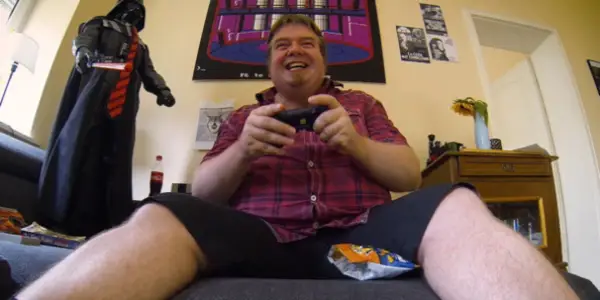
Opinions Are Not Facts
In Glossary Of Broken Dreams, Grenzfurthner sets about “explaining” the following concepts:
‘Capitalism/Market/Freedom’, ‘Competition’, ‘Accumulation’, ‘Resistance/Activism’, ‘The Media‘, ‘Privacy/Data’, ‘Nature vs. Nurture’, ‘Politics/Identity’, ‘Democracy/Social Democracy’ and ‘The Left’.
The documentary is 98 minutes long, and so unsurpsingly, none of these topics get the depth of coverage that they deserve. Not just books, but whole libraries have been written about some of the issues that come under the microscope here. There’s an off-putting arrogance to the fact that Grenzfurthner, however smart he may be, thinks he has the capacity to explain every major theory that affects our lives today in barely more than an hour and a half.
Because there is so much ground to cover, and because Grenzfurthner has no desire to express that his opinion is just an opinion, not only are many issues rushed over, but many of his controversial stances are treated as fact. He laughs off the Bechdel test in twenty seconds, without bothering to engage in the underlying issues regarding the treatment of women in the media.
He lionises WikiLeaks and the new era of ‘post-privacy’ it heralds, whilst completely avoiding all of the controversies around the organisation, like the significant part Julian Assange played in getting Donald Trump elected. Talking of the 2016 election, Grenzfurthner asserts that Hillary Clinton‘s campaign was all about how she deserved power because she wasn’t a “f*ckin’ white guy.” The world isn’t lacking for those who’d agree, but it is yet another example of opinion being regarded as fact.
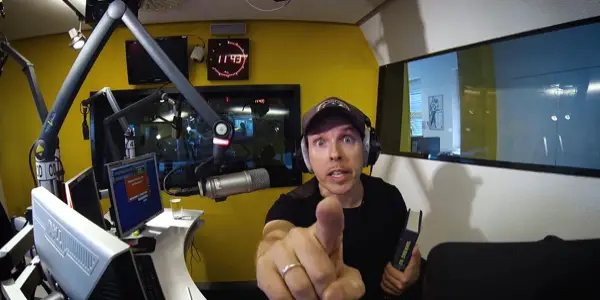
Perhaps the most frustrating example of the utter dismissiveness towards complicated issues: “You see, it’s redundant to talk about fake news because news is, by definition, fake.” Wait, what? The film goes on to justify that opinion by saying “Facts used to be a driving force and selling point of journalism, but research is expensive, and market forces don’t care if you sell something because it’s researched well, or faked well.”
This cynical generalisation is presented as the unimpeachable truth. There’s no discussion about how that may be the case for some outlets, but not for all of them. There’s nothing about how undermining journalism in such a way is dangerous, leaving space for would-be dictators to state anything they want as truth , without fear of anyone questioning them. In Glossary Of Broken Dreams, Grenzfurthner‘s word is law. He is not open to debate, and even if he were, the film moves at such a wearying speed that there would be no time for it anyway.
The Delivery Method
In addition to attempting to cover far more ground than reasonable in a 98 minute feature, the delivery method Grenzfurthner uses to try and convey all this information is profoundly flawed.
Or, as I should really say, delivery methods. Glossary Of Broken Dreams uses an array of different visual devices to explain his ideas: live action, stock footage, varying types of animation, illustrations, a music act, and puppets.
It’s not hard to see why Grenzfurthner has decided to approach his project in this way. The notions explored in his documentary are important, complex, and rather dry. To reach a non-academic, regular-Joe kind of audience, it’s understandable that he would feel the need to use every trick in the book to make his movie more digestible.
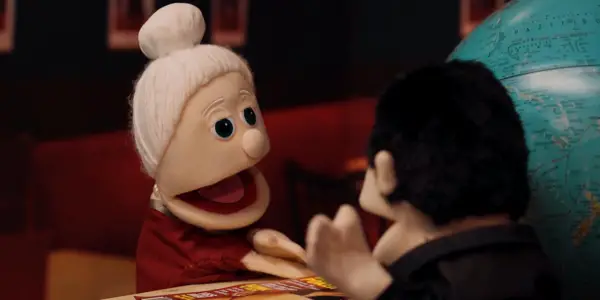
When you combine all the different visual methods with all the different concepts though, it all just seems like white noise. Glossary Of Broken Dreams is such a fidgety film, so determined to be BIG and BOLD and ENTERTAINING, that it never slows down, even for a moment. Grenzfurthner already had a daunting challenge in explaining so many different ideas, but juggling that with an obsessive desire to be FUN means the documentary is stretched even more thinly.
Furthermore, this constant quest to entertain can come across as belittling to the audience; it’s as if Grenzfurthner doesn’t trust that someone might be able to compute what he is saying without bright colours, catchy music, or crass humour. The most aggravating example of the latter are the “funny” names he gives his characters: Madame Juju and Monsieur Dudu, Lady Unsquaredance, and Sven Shitpornson. Hilarious (!).
In an interview with Film Threat, the director states that he has no clue who his target audience is. That is obvious. It’s unlikely that someone who would find the surname Shitpornson hilarious would be a person with any hope of grasping some of the more complex topics covered. That confusion as to who Glossary Of Broken Dreams is intended for makes it all the more hard to watch.
Glossary Of Broken Dreams: Conclusion
If you happen to agree with all of Grenzfurthner‘s many opinions, then you may well like Glossary Of Broken Dreams. That is, if you can stand the torrent of dudebro “humour.”
If, however, you happen to disagree with Grenzfurthner, or if you at least think that the most important issues of the day deserve more than thirty seconds of screen time, than you are likely to find this documentary an exhausting, maddening experience. I’ve not been so relieved to see the closing credits of a movie for quite some time.
Glossary Of Broken Dreams is currently making its way around the festival circuit. You can find screening information here.
Does content like this matter to you?
Become a Member and support film journalism. Unlock access to all of Film Inquiry`s great articles. Join a community of like-minded readers who are passionate about cinema - get access to our private members Network, give back to independent filmmakers, and more.
It took me a while to discover the wonderful world of cinema, but once I did, everything just fell into place.









